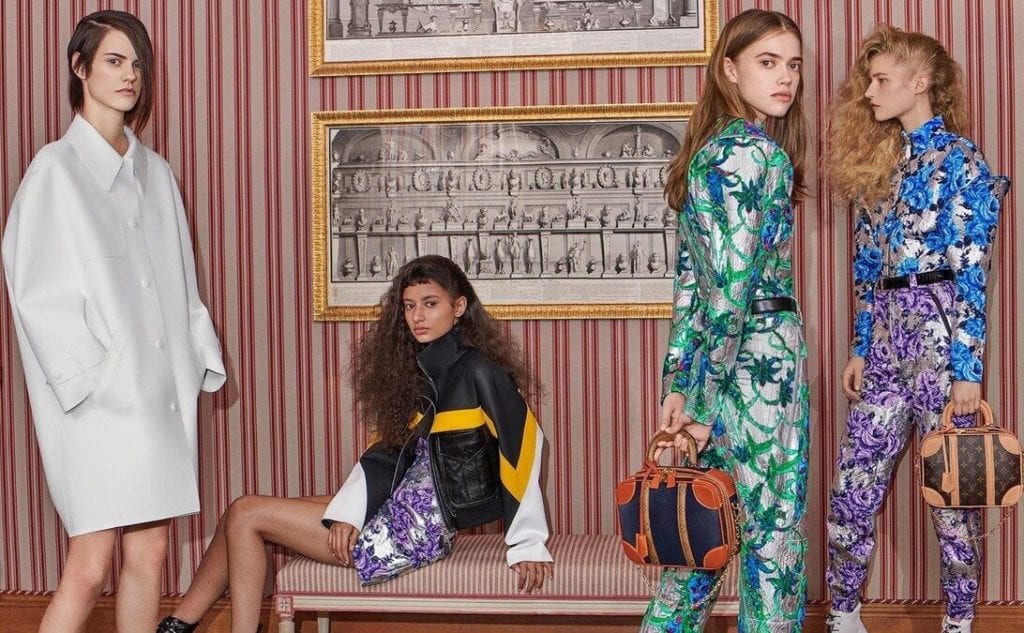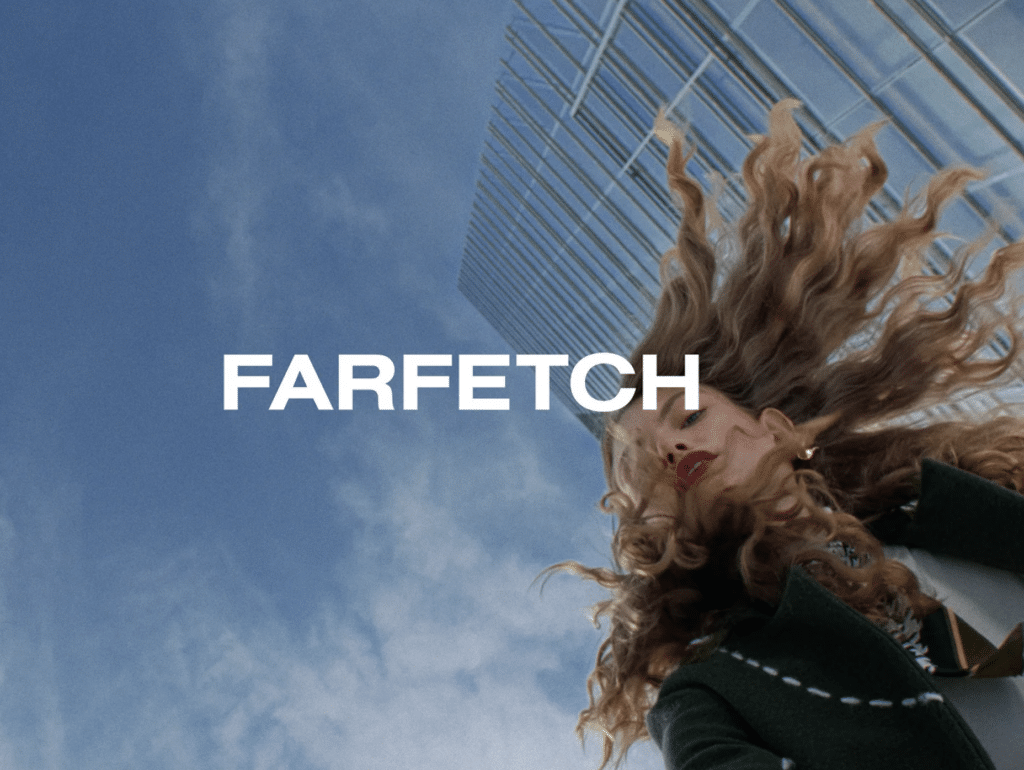LVMH Moët Hennessy Louis Vuitton reported “record results” for the fourth fiscal quarter and 2019, as a whole, despite a difficult environment in Hong Kong in the second half of the year. The Paris-based luxury goods conglomerate, which maintains a roster of 75 luxury brands, including fashion industry entities like Louis Vuitton, Dior, Celine, Fendi, and Givenchy, among others, recorded revenue of €53.7 billion ($59.12 billion) in 2019, up 15 percent from the year prior, with its fashion and leather goods division driving more than 40 percent of those sales.
In a release on Tuesday, LVMH – which holds the title of the most valuable luxury goods group in the world – pointed to “continued growth in all geographic areas,” and profit from recurring operations amounted to 11.50 billion euros in 2019 as a whole, up 15 percent, which marks a record for the group as key elements of success for the year in addition to “exceptional growth at Louis Vuitton and Christian Dior.”
Speaking specifically to its fashion and leather goods division, which was responsible for just over 41 percent of its sales – or €22.24 billion ($24.49 billion) – in 2019, LVMH noted the “success of both iconic and new products at Louis Vuitton, whose profitability remains at an exceptional level,” while “Christian Dior had a remarkable year,” “Celine gradually rolled out its boutique concept and launched its first high-end perfumery collection,” and “Loewe delivered strong growth under the impetus of its designer JW Anderson.”
As for “Loro Piana, Rimowa and Berluti,” LVMH revealed that they “experienced good progress,” while making no mention of the growth of other fashion brands under its umbrella, such as Marc Jacobs or Rihanna’s Fenty venture.
The group’s Select Retailing division was the second largest contributor to revenues, accounting for €14.79 billion, largely thanks to LVMH-owned Sephora beauty chain, which experiences “particularly strong” growth in Asia and the Middle East with “online sales growing rapidly throughout the world.”
In terms of its Perfumes & Cosmetics group, LVMH pointed to “excellent growth of flagship brands and rapid progress in Asia,” with “organic revenue growth of 9%, driven by the remarkable momentum of its major brands, notably Dior, Guerlain and Givenchy.” It noted that sales of its skincare offerings were up, “underpinned notably by the demand in Asia,” and that Christian Dior’s offerings in this category “continued to grow much faster than the market.” Fresh, Fenty Beauty by Rihanna (which began its expansion in Asia and “will expand its line of eye makeup”), and Acqua di Parma “grew rapidly,” according to the release.
LVMH says that it is “well-equipped to continue its growth momentum across all business groups in 2020” despite “an uncertain geopolitical context.” And its chairman Bernard Arnault, who briefly overtook Amazon’s Jeff Bezos as the richest man in the world this year thanks to surging LVMH stock prices, said that “highlights of the year” include “the arrival of the exceptional hotel group Belmond, the partnership with Stella McCartney and the [acquisition] agreement with prestigious jewelry Maison, Tiffany & Co.”











